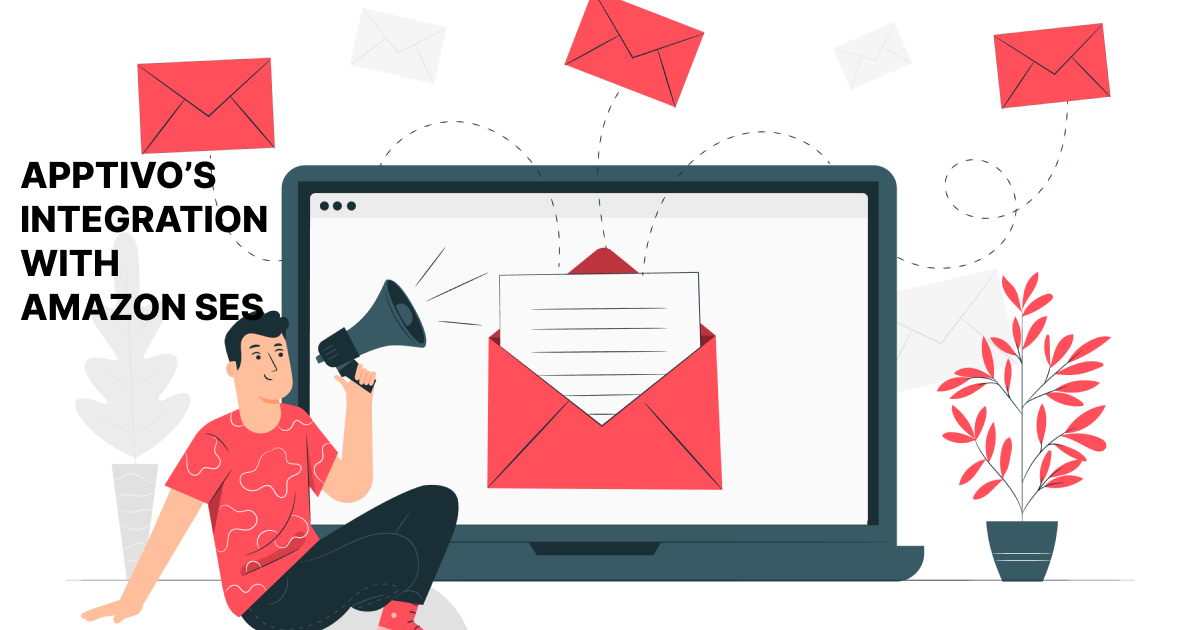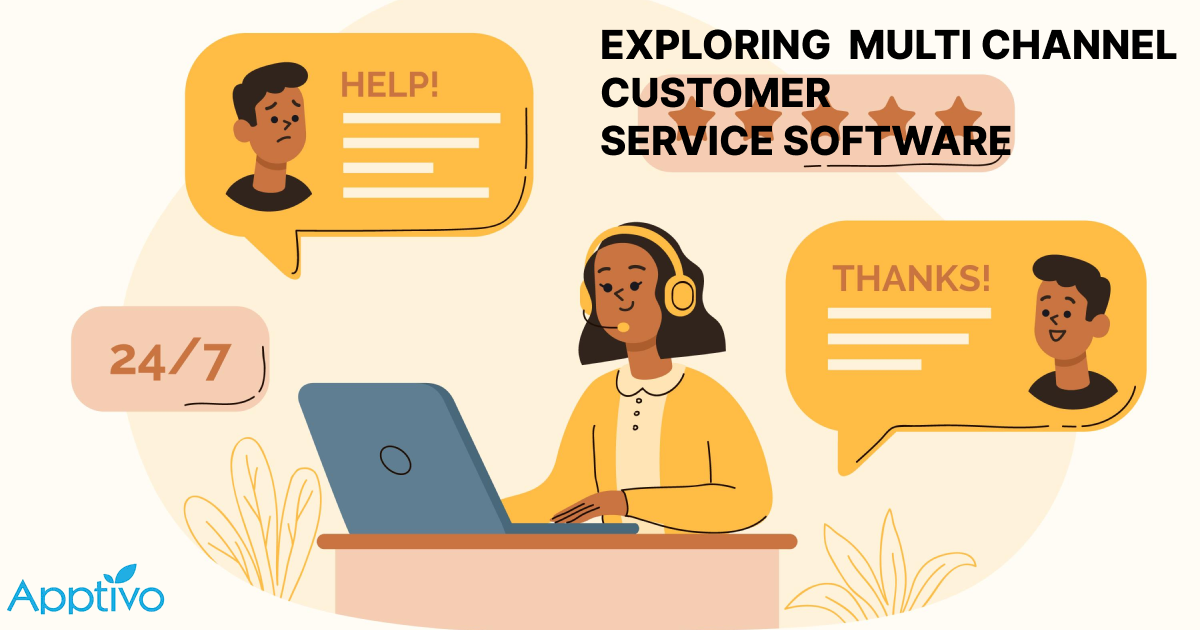Modern startup culture and films have tainted the founder’s journey a cliched image. It often starts with young friends, few dropped of college, taking risks with personal finances, being rejected by investors and instead of scraping together cash from uncles, parents, cousins anyone you can.
These stories are adored by everyone because we love an underdog. But the problem with these stories is that the majority are cherry-picked PR pleaser. The truth is that most successful founders are from positions of decent privilege. For example, Bill Gates, Spiegel, and Zuckerberg may have dropped out of college, but they all were from comfortable backgrounds. Also, they left at a point where their business model had significant traction.

My concern with this kind of half-truths is that they have seeped so much into the romantic view of startup culture. This leads real founders to think that it’s OK but also expected that they behave recklessly. The job of an entrepreneur is to take calculated risks and avoid as many risks possible.
Below, I’ve listed and explained the two main reasons why entrepreneurs should avoid taking money from their closed ones.
If you cannot raise at-arms-length, it is apparently for a good reason.
As a startup, raising capital is more than fueling your business. It is also a vital part of validating your idea and progress.
So why is it dangerous? Raising capital by leaning on people’s love for you personally, rather than belief in your idea. This can skip important checks on your business idea, your traction to date, even your skill as an entrepreneur.
Many people see this as a problem; how do they develop the traction to raise money without an initial cash investment to build traction? My view is that if it is not possible to create at least some kind of traction, then you need to bring something more to the table that is convincing. This ‘something more’ can be one or a few of many things – domain expertise, a strong network within your industry, really anything that can help make the case that you have a good reason to say that the problem exists and that you can solve it. If you can’t convince an investor on these 2 points then, it is probably for a good reason that they are not investing.
Investor feedback will help in identifying and fixing these problems. When someone you do not know is giving you cash, they are going to be more cautious in their approach to your business than your loved ones. If they’re an accomplished investor, then their feedback comes with valuable experience.
If your problems are not fixable, knowing to quit earlier can be a great benefit as you save yourself the time and stress. This helps you to can prepare for your next business idea if you are so inclined.
Remember, the worst thing that you can do is raise cash from an investor who does not challenge you enough. Often such entrepreneurs rest on their laurels, stubbornly doing precisely what they initially said they would, which is the biggest mistake an early stage startup can make.
Fundraising is a skill and needs practice
Fundraising is a process you manufacture with experience (good and bad). You’ll need to prepare yourself and materials, source and warm your leads, pitch, negotiate and close. It’s almost close to a sales cycle process.
Nailing this is a co-founder’s most important job. If you fail at this, it is most likely that nothing else will even matter. Also, you will probably need to do it several times, and it’s not going to be more comfortable at the beginning. Experience and the ability to learn from mistakes is the key to become a successful business. Become familiar with the questions you will be expected to answer, learn different pitching styles and strategies, and for you and learn to build a compelling written and financial case for your business.
Latest Blogs

Apptivo's Integration with Amazon SES for Outgoing Email Server
Amazon Simple Email Service (SES) is an email platform that provides an easy, cost-effective way to send and receive email using your email addresses and domains. Apptivo has migrated its email service to Amazon SES (Simple Email Service) to enhance the performance and reliability of our email services
Read more →
EXPLORING MULTI CHANNEL CUSTOMER SUPPORT SOFTWARE
1.What is customer service software? 2
Read more →
Maximize your business performance with seamless CRM Integration
1.What is CRM Integration? 2
Read more →
